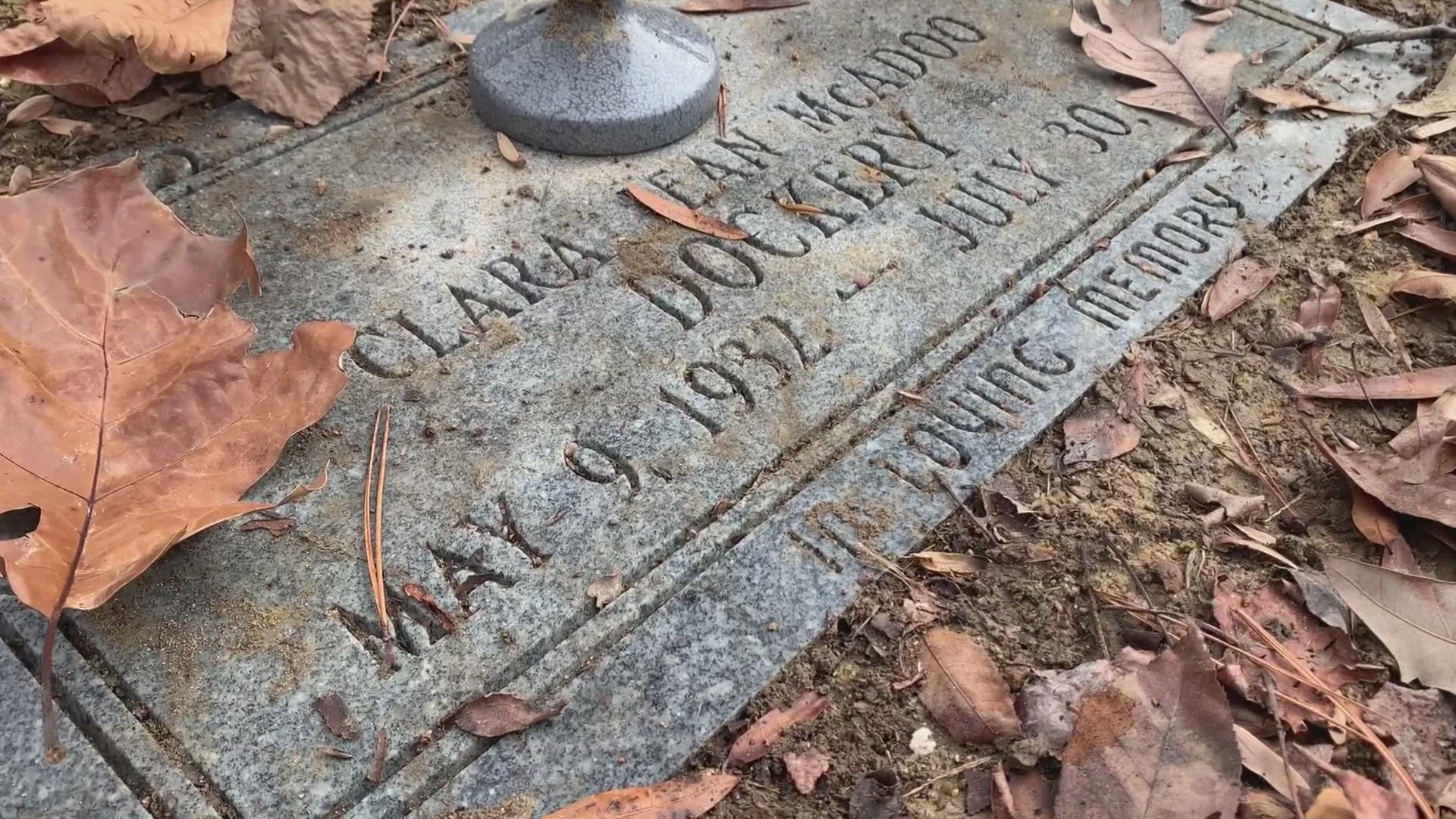GREENSBORO, N.C. — This number right here: 844-684-6333 has been dialed over and over and over again. It's the FEMA funeral helpline.
It's true, FEMA is offering up to $9,000 to cover funeral expenses for people who have died due to covid-19. The way to apply is by phone. That's it. The helpline is open 9 AM to 9 PM Monday through Friday.
On the FEMA website, just beneath the phone number is a fraud alert.
We have received reports of scammers reaching out to people offering to register them for funeral assistance. Fema has not sent any notifications and we do not contact people before they register for assistance.
Just to be crystal clear:
• If you haven't already applied, FEMA won't contact you;
• FEMA won't contact you, via phone, email, or social media asking for your social security number or banking information
• Don't give up any personal or financial info to anyone who contacts you out of the blue.
• FEMA won't ask you to pay for the program.
The expenses include funeral services, burial plots, cremation. To be eligible the death must have occurred within the united states, and the death certificate must be attributed to COVID-19.
Acting FEMA Administrator Bob Fenton told the House Appropriations Homeland Security Subcommittee hearing they aren't using an online registration system for the program because they want to make sure it's handled in an empathetic way.
"With empathy being the priority, we want to be able to case manage and have that human-to-human interaction as we do this and make sure that we do it in a way that supports everyone's needs," Fenton explained.
Fenton noted that FEMA has experience handling funeral assistance related to disasters, but never "anything at this scale or scope."
There have been more than 536,400 coronavirus deaths in the U.S., according to data from Johns Hopkins University.



